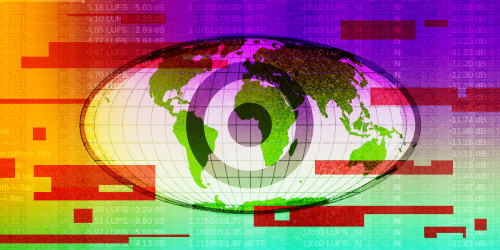In a number of countries around the world, communities—and particularly those that are already vulnerable—are threatened by expansive cybercrime and surveillance legislation. One of those countries is Jordan, where a cybercrime law enacted in 2023 has been used against LGBTQ+ people, journalists, human rights defenders, and those criticizing the government.
We’ve criticized this law before, noting how it was issued hastily and without sufficient examination of its legal aspects, social implications, and impact on human rights. It broadly criminalizes online content labeled as “pornographic” or deemed to “expose public morals,” and prohibits the use of Virtual Private Networks (VPNs) and other proxies. Now, EFF has joined thirteen digital rights and free expression organizations in calling once again for Jordan to scrap the controversial cybercrime law.
The open letter, organized by Article 19, calls upon Jordanian authorities to cease use of the cybercrime law to target and punish dissenting voices and stop the crackdown on freedom of expression. The letter also reads: “We also urge the new Parliament to repeal or substantially amend the Cybercrime Law and any other laws that violate the right to freedom of expression and bring them in line with international human rights law.”
Jordan’s law is a troubling example of how overbroad cybercrime legislation can be misused to target marginalized communities and suppress dissent. This is the type of legislation that the U.N. General Assembly has expressed concern about, including in 2019 and 2021, when it warned against cybercrime laws being used to target human rights defenders. These concerns are echoed by years of reports from U.N. human rights experts on how abusive cybercrime laws facilitate human rights abuses.
The U.N. Cybercrime Treaty also poses serious threats to free expression. Far from protecting against cybercrime, this treaty risks becoming a vehicle for repressive cross-border surveillance practices. By allowing broad international cooperation in surveillance for any crime 'serious' under national laws—defined as offenses punishable by at least four years of imprisonment—and without robust mandatory safeguards or detailed operational requirements to ensure “no suppression” of expression, the treaty risks being exploited by government to suppress dissent and target marginalized communities, as seen with Jordan’s overbroad 2023 cybercrime law. The fate of the U.N. Cybercrime Treaty now lies in the hands of member states, who will decide on its adoption later this year.









